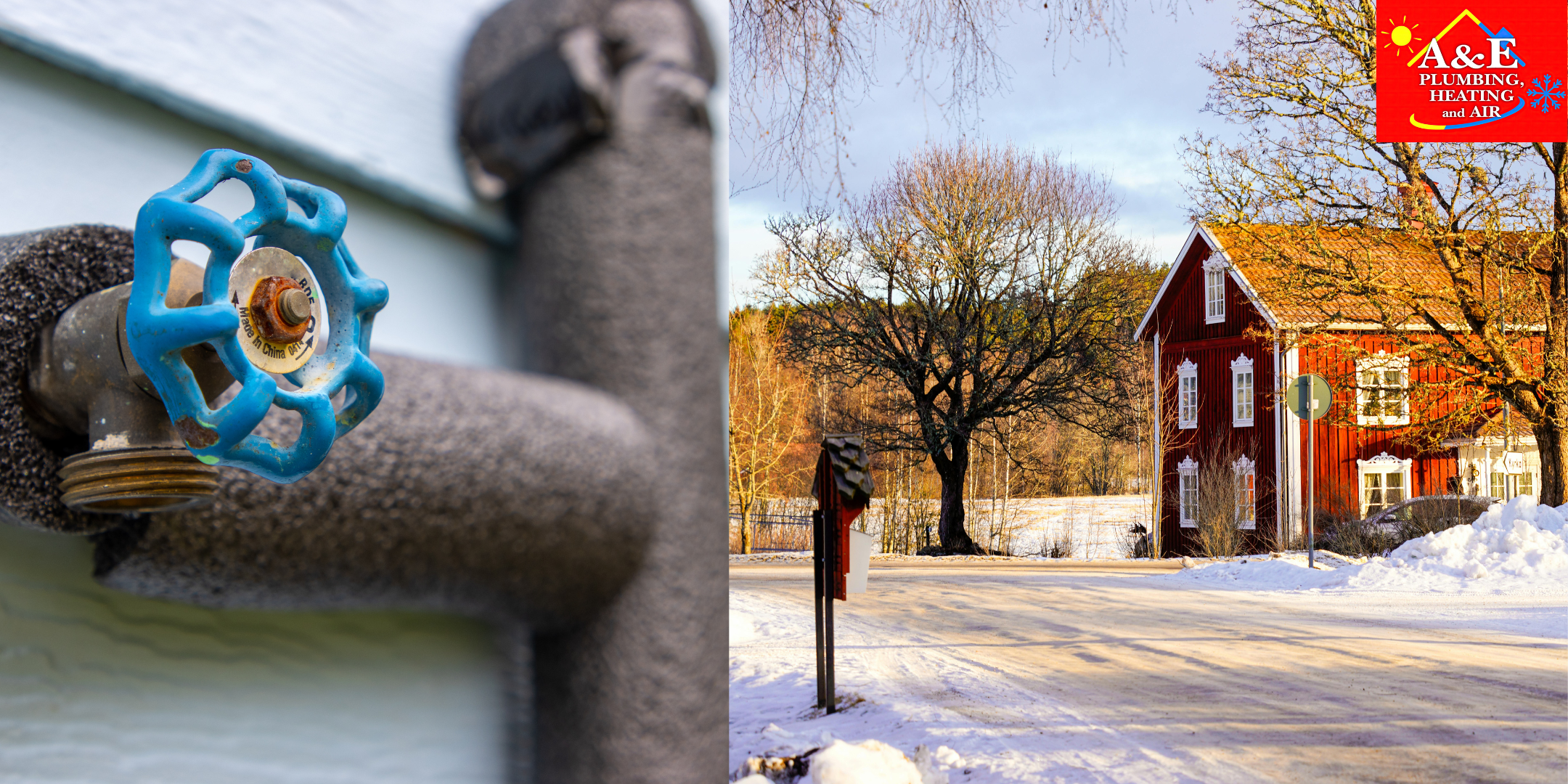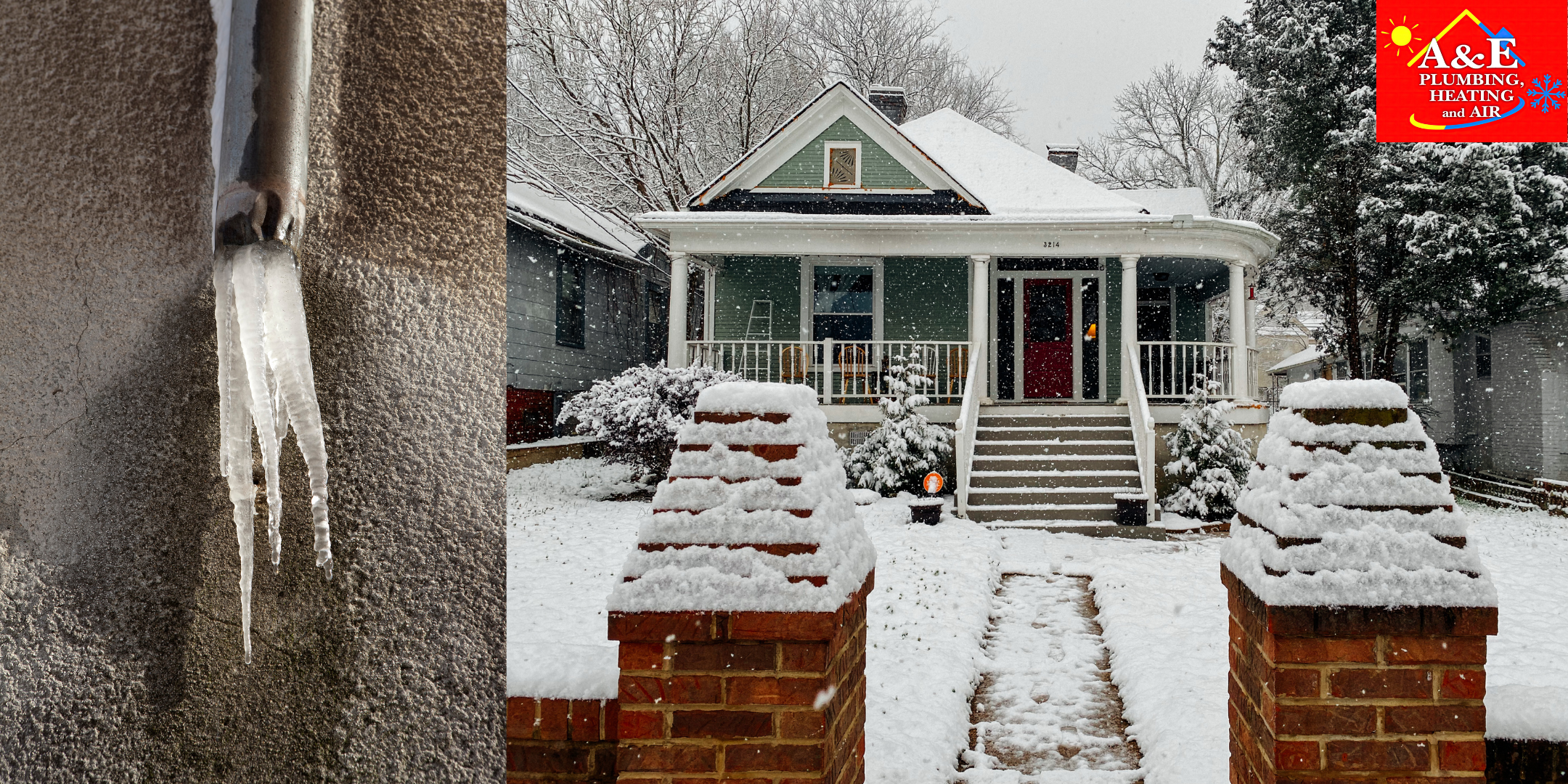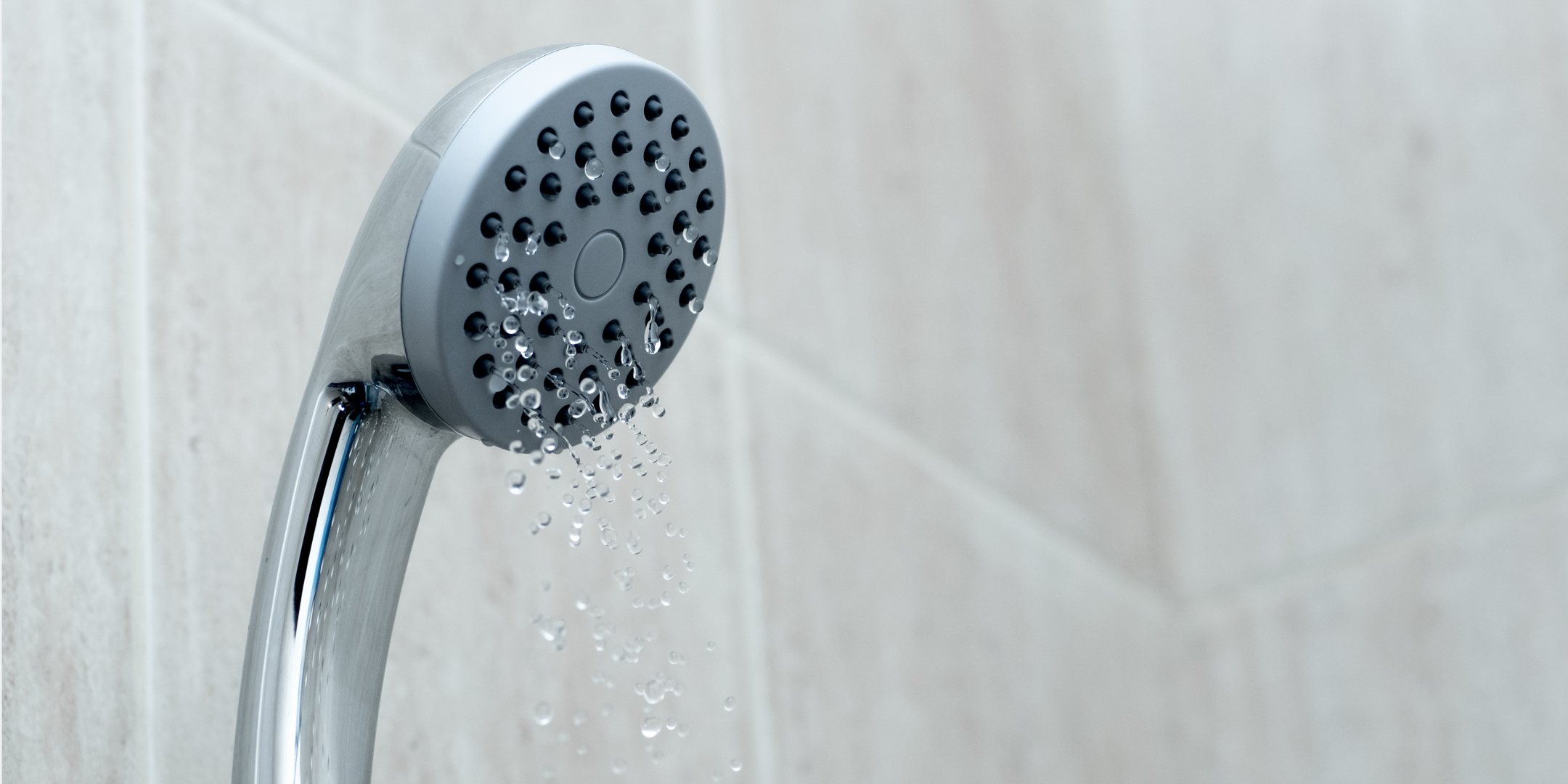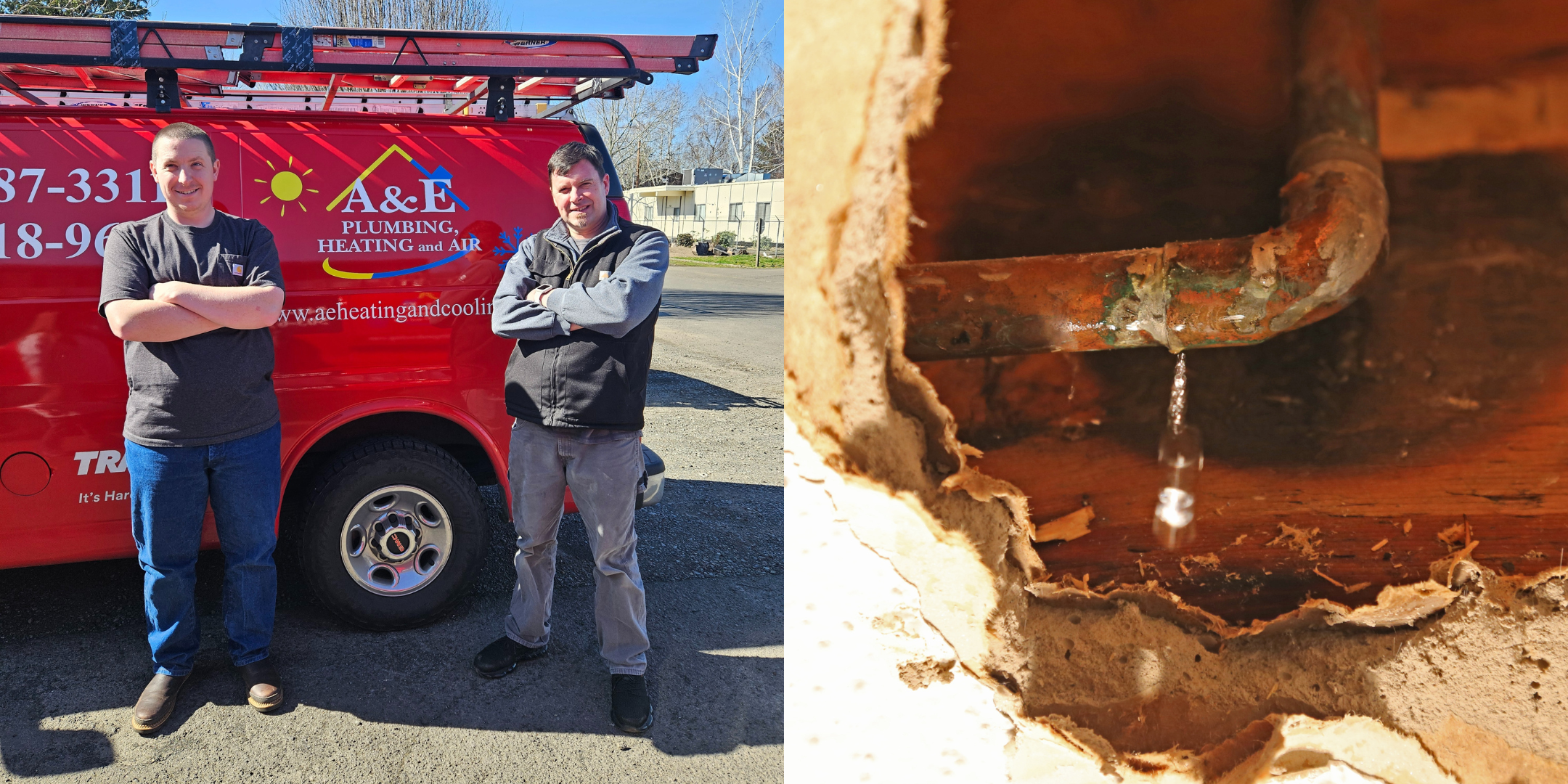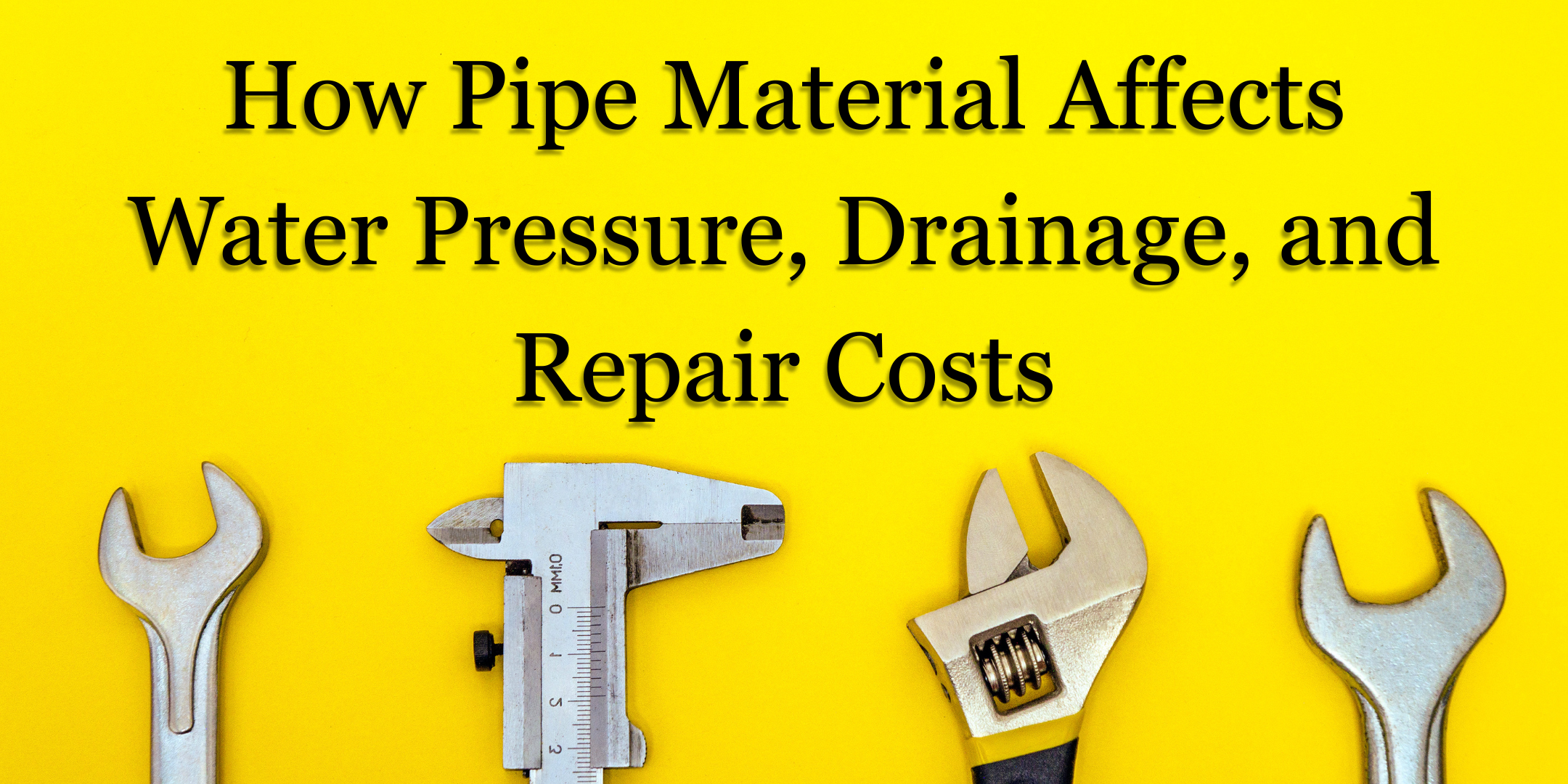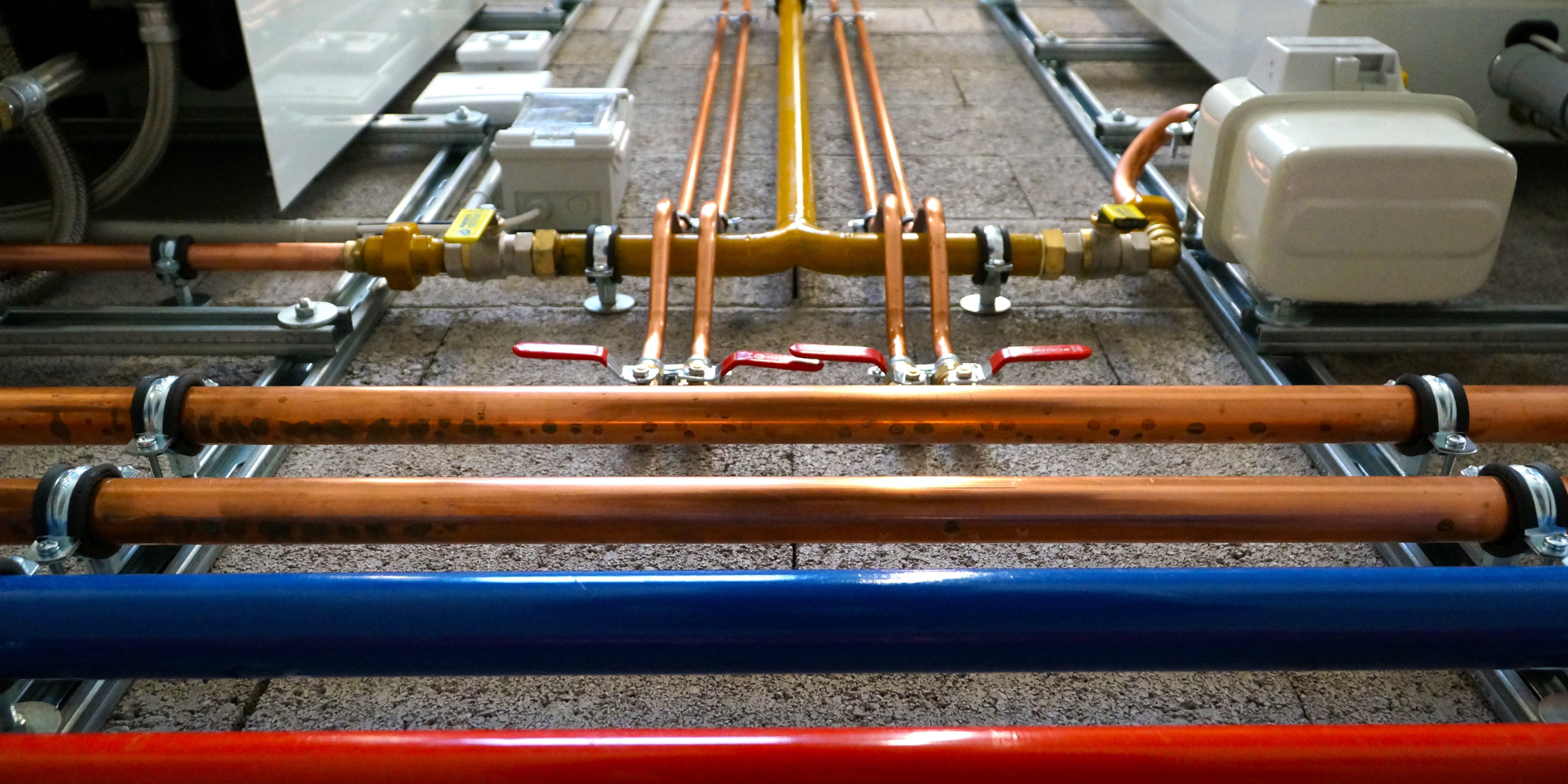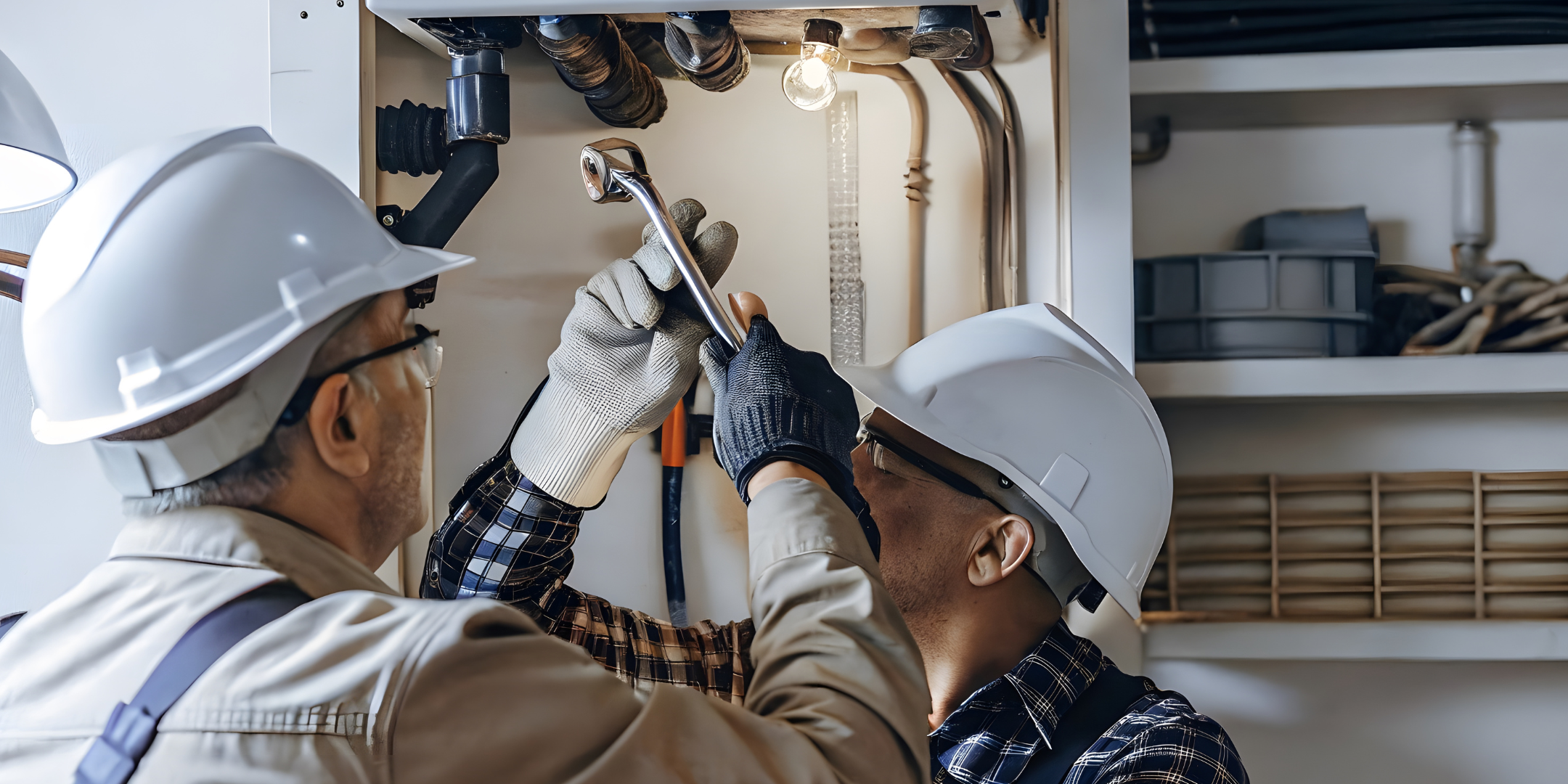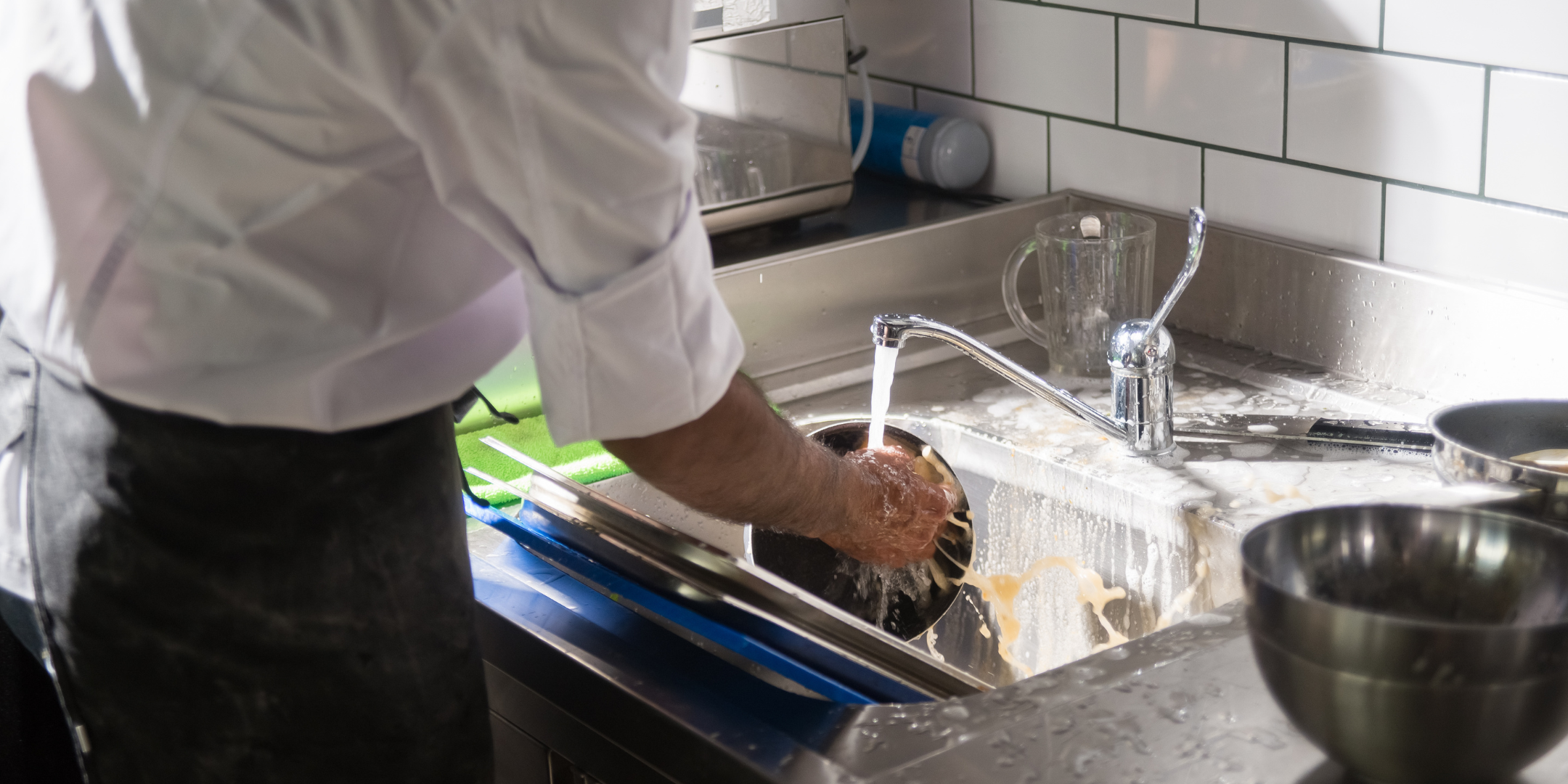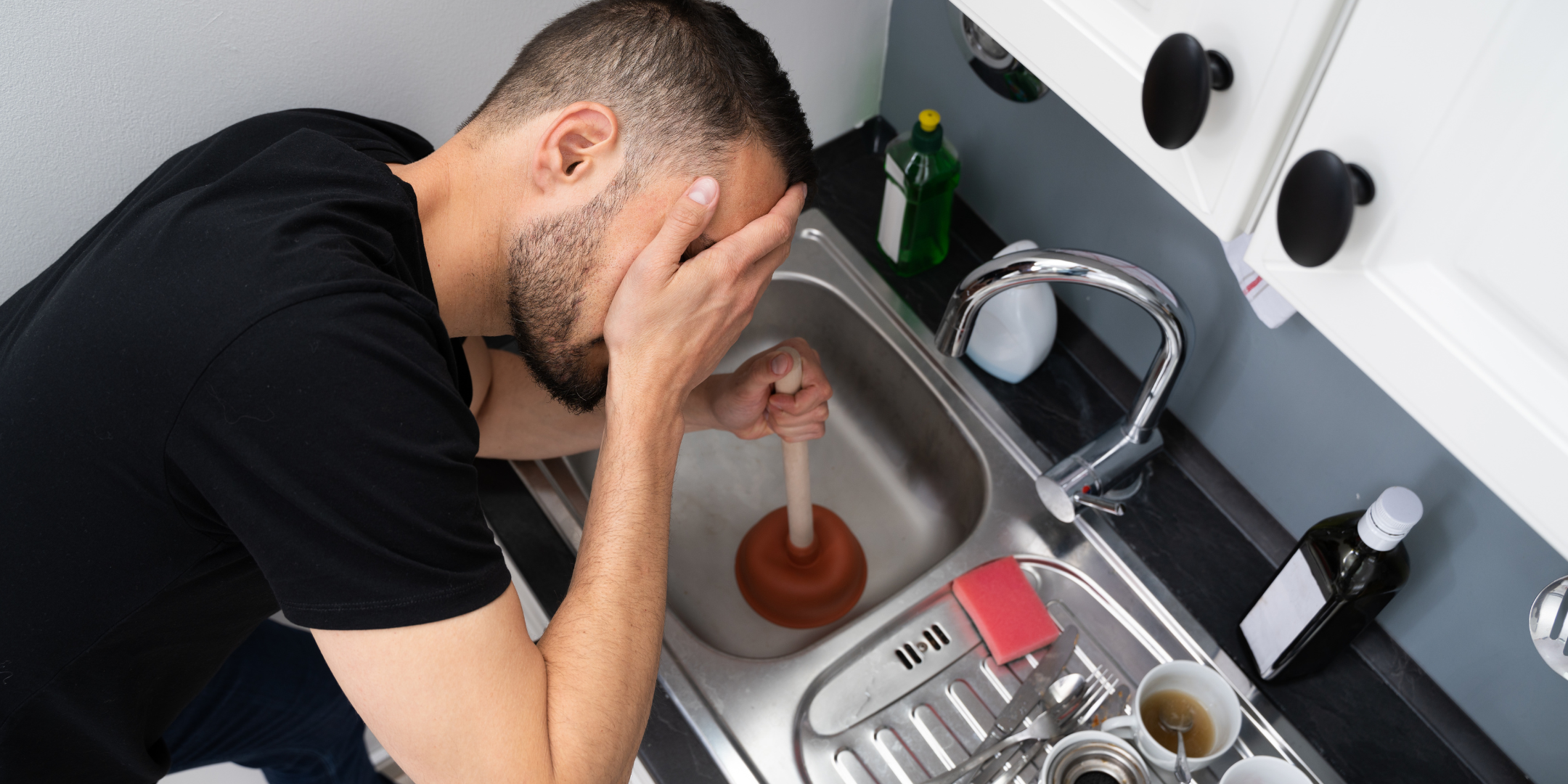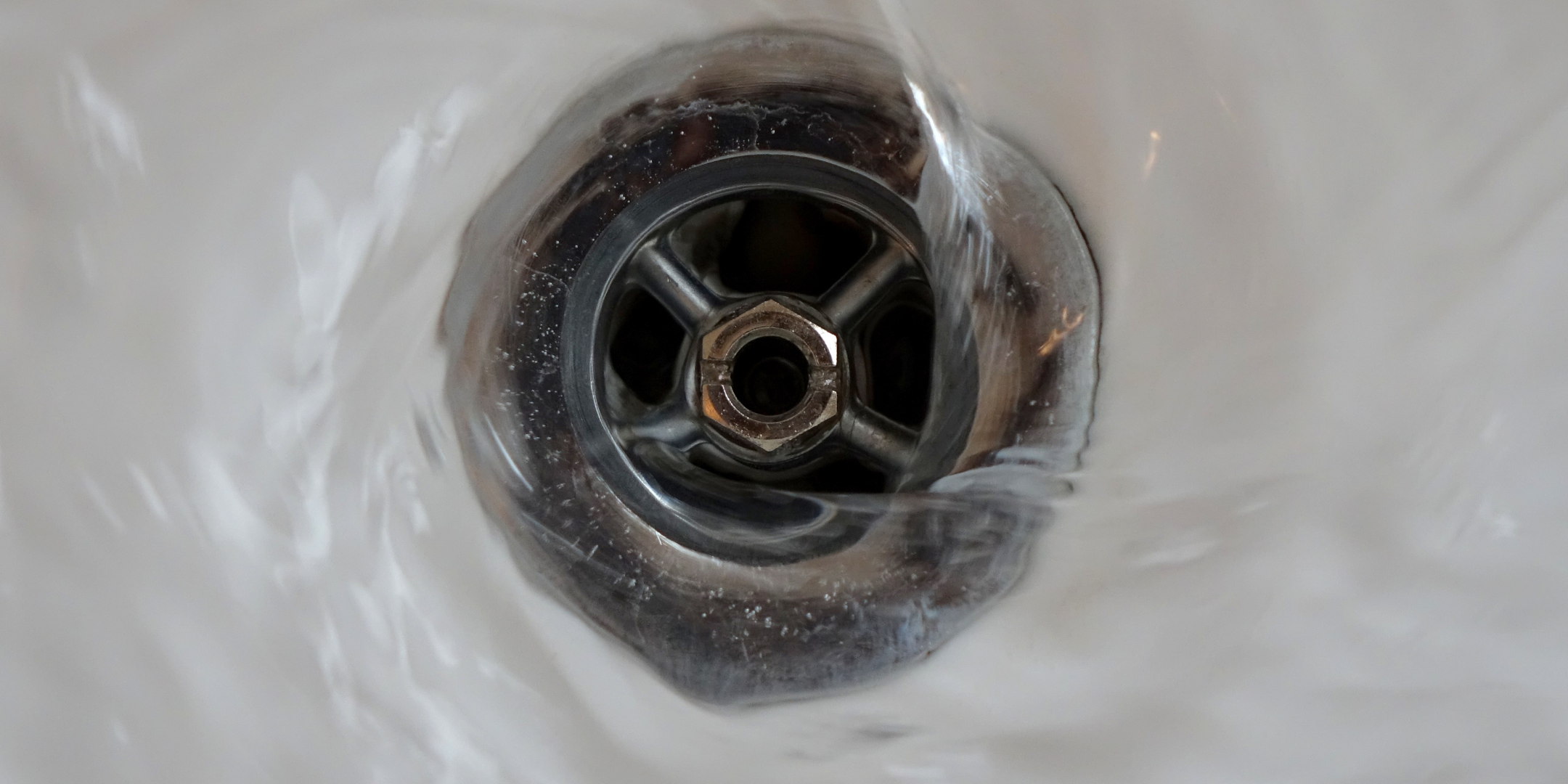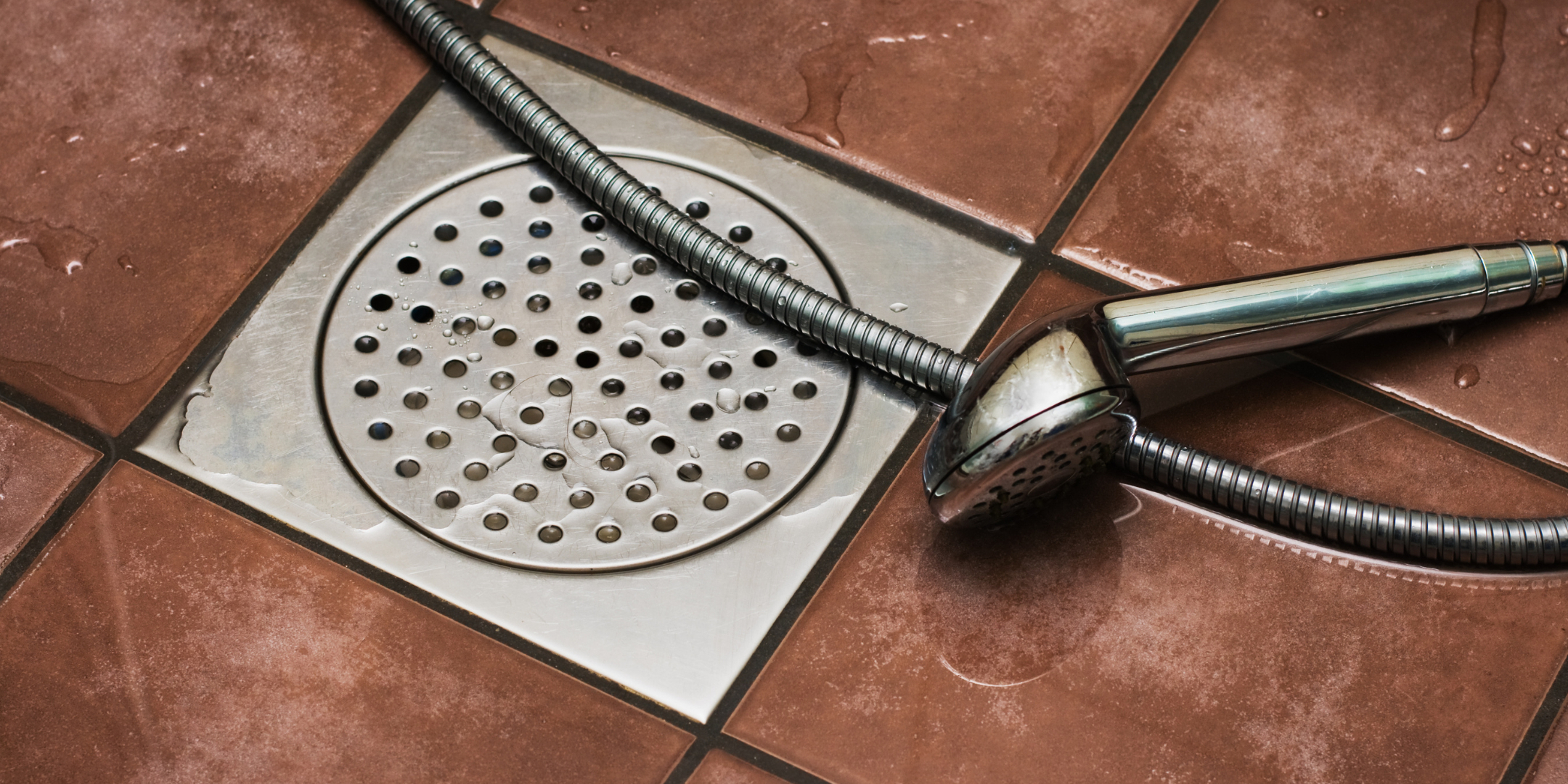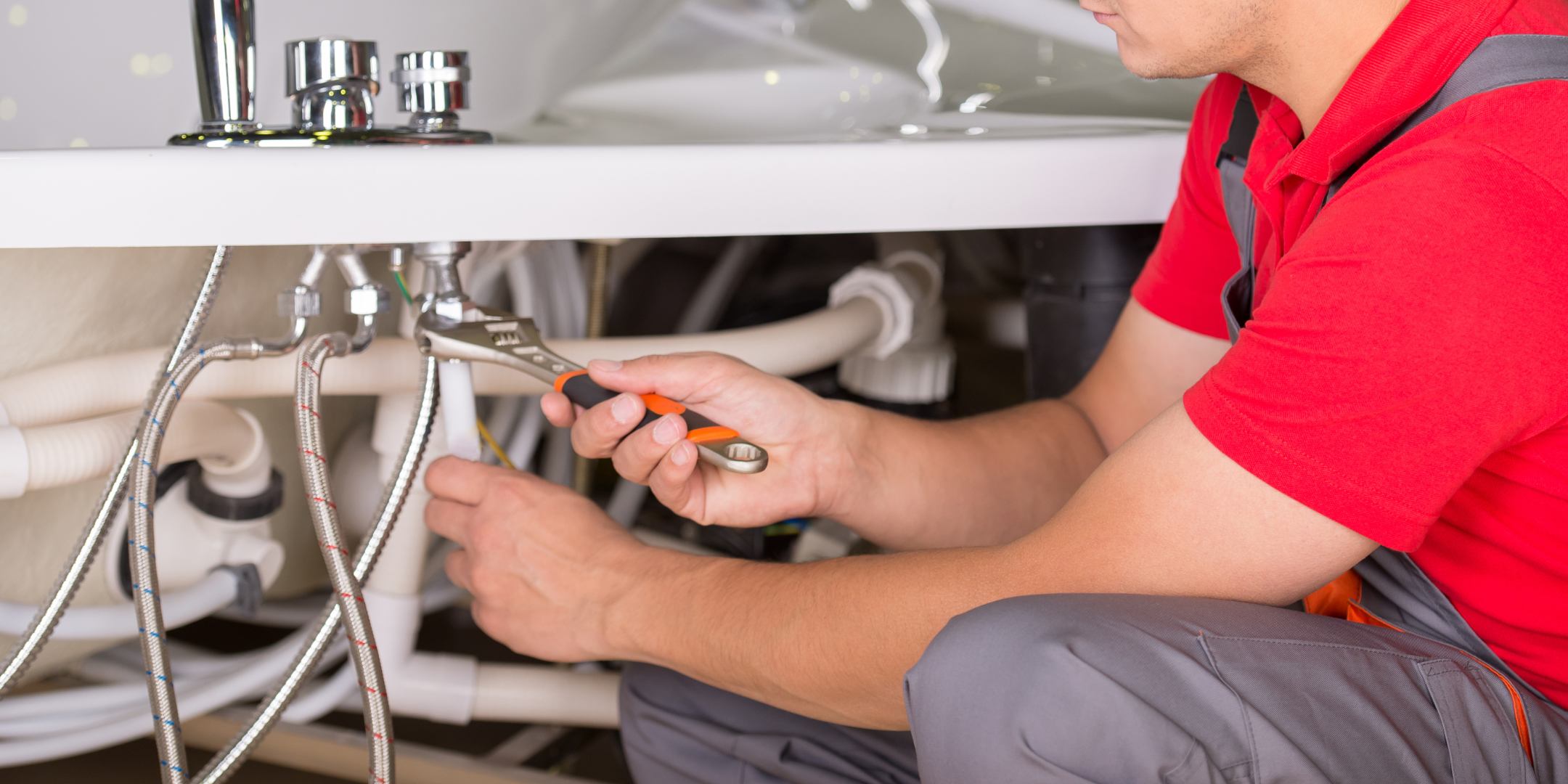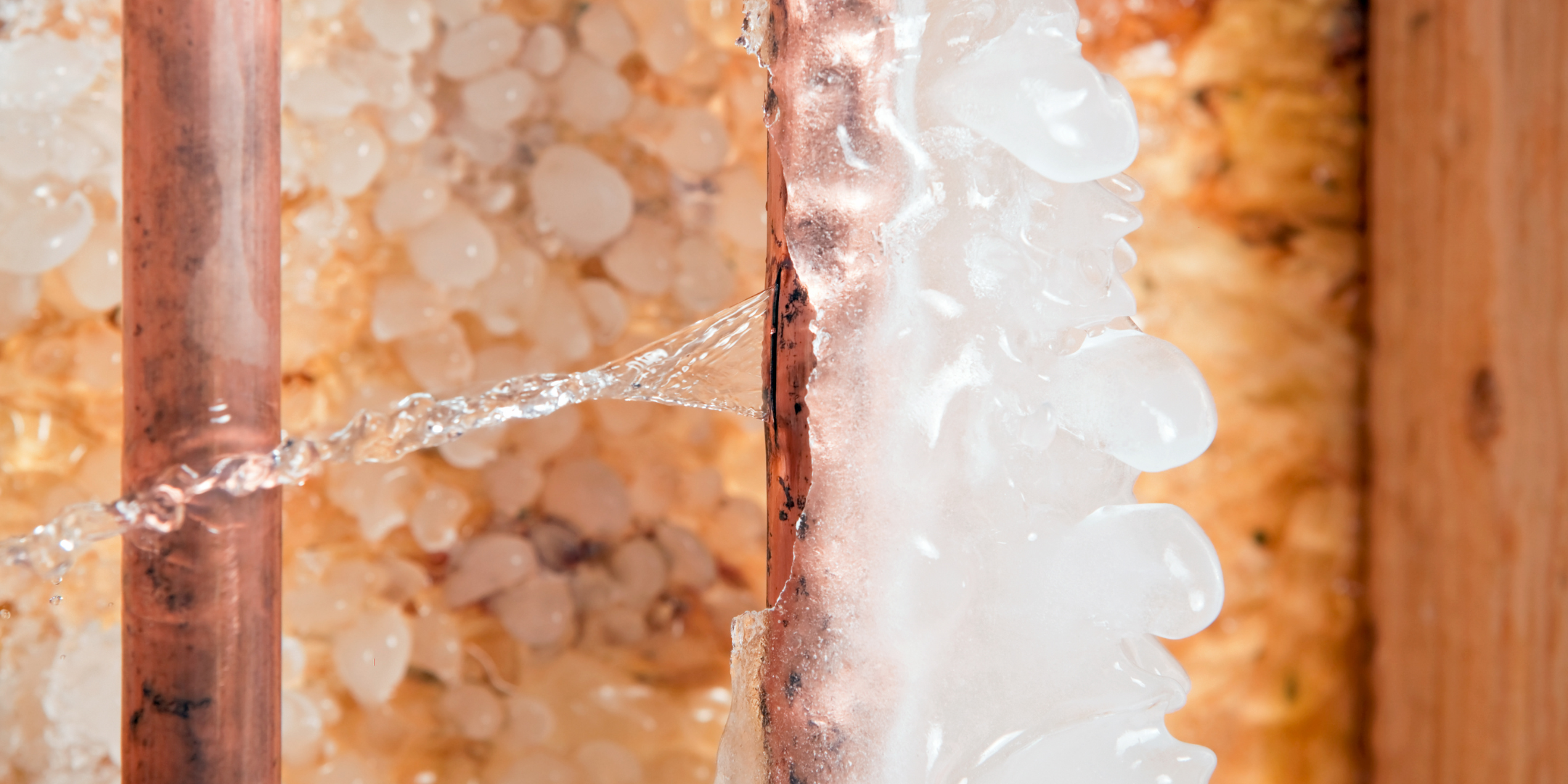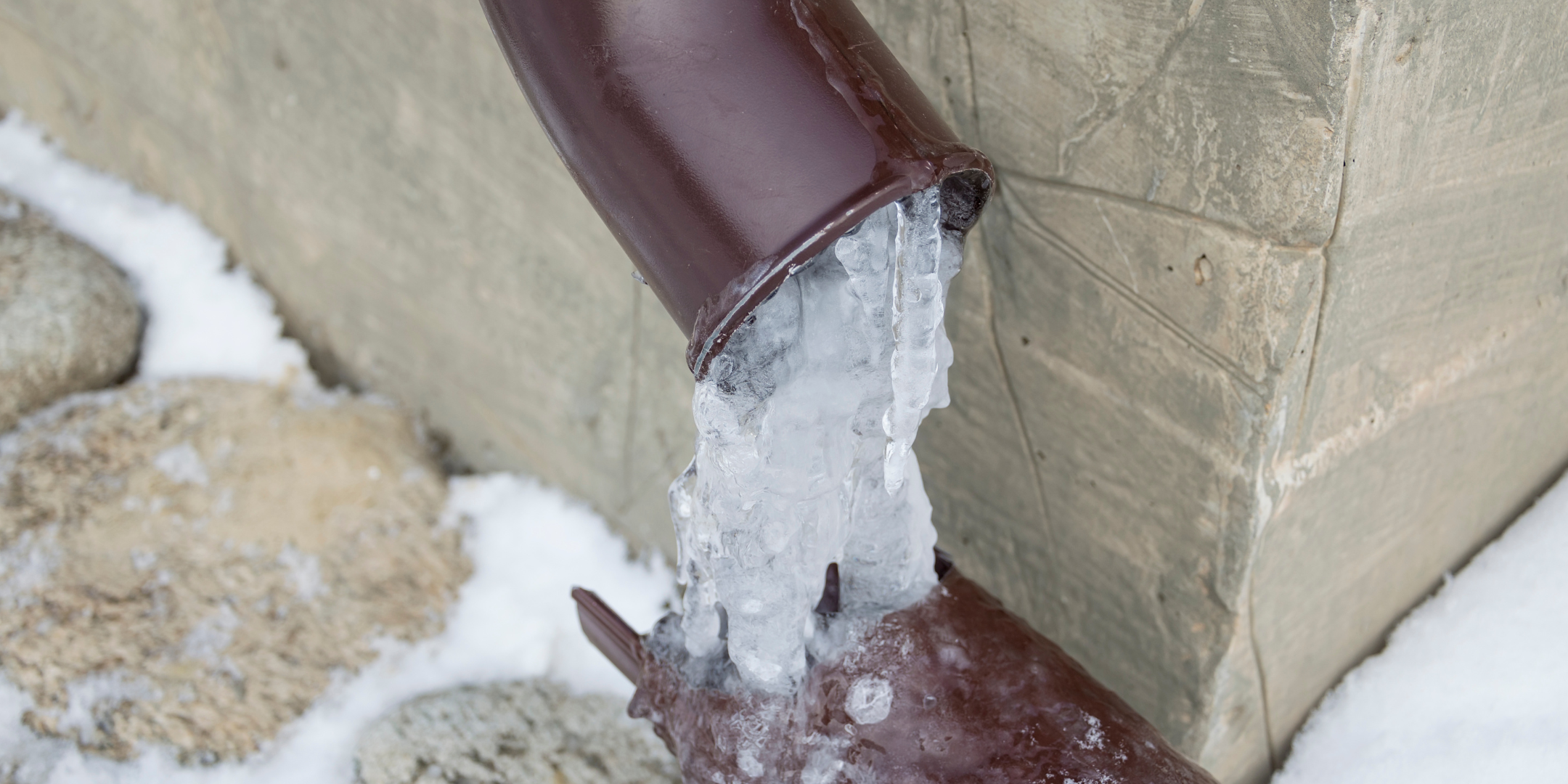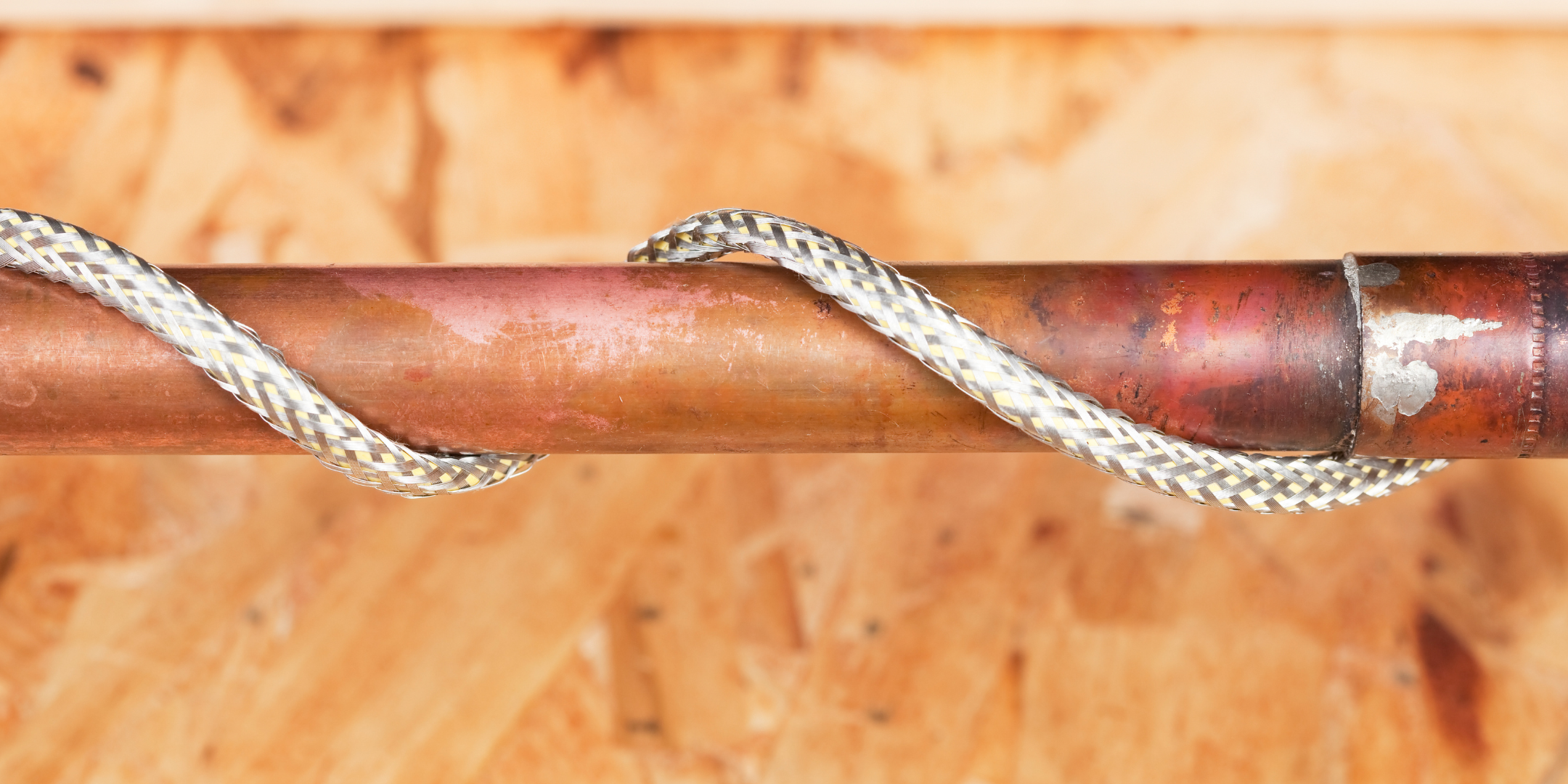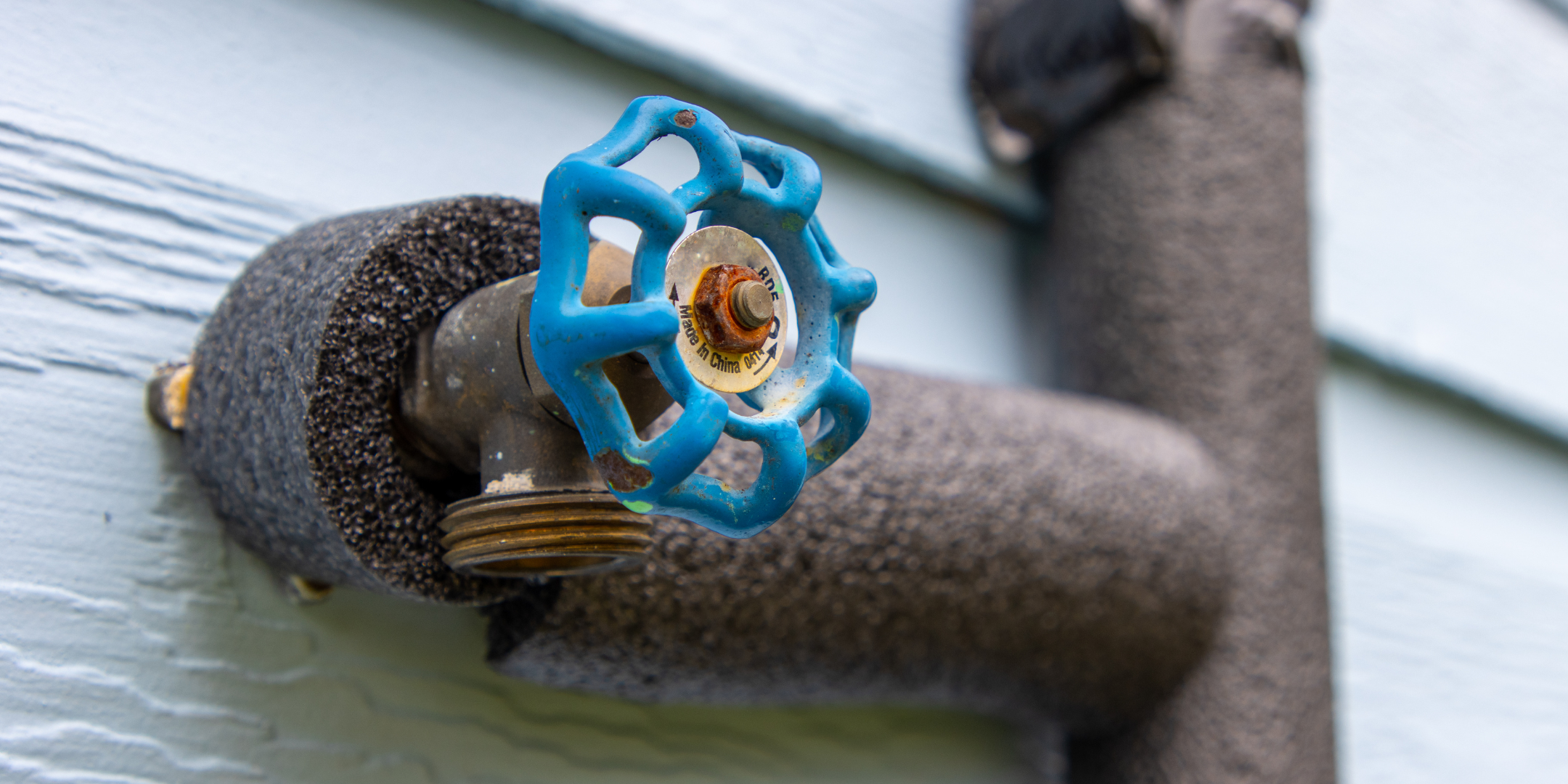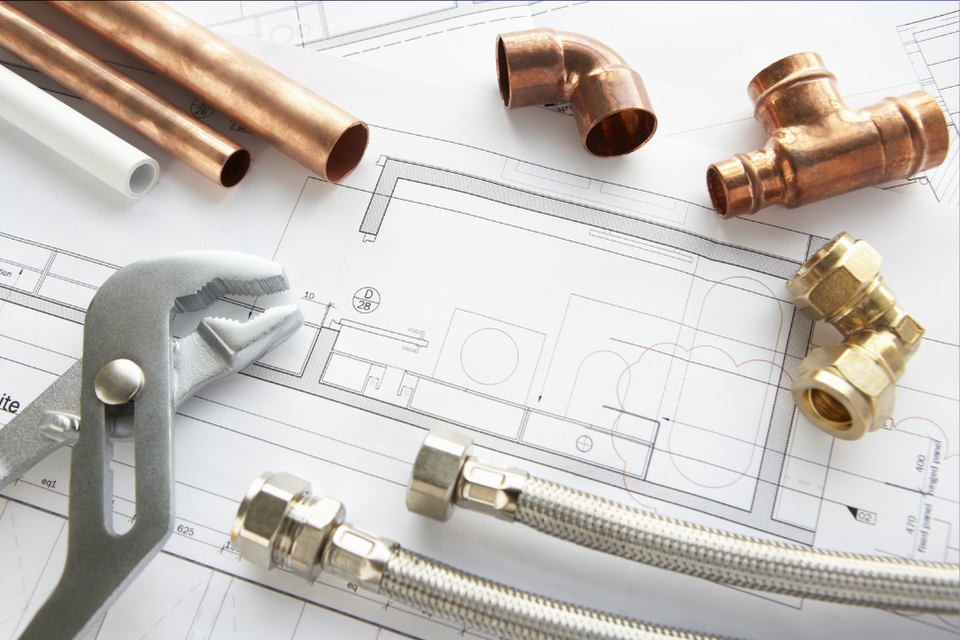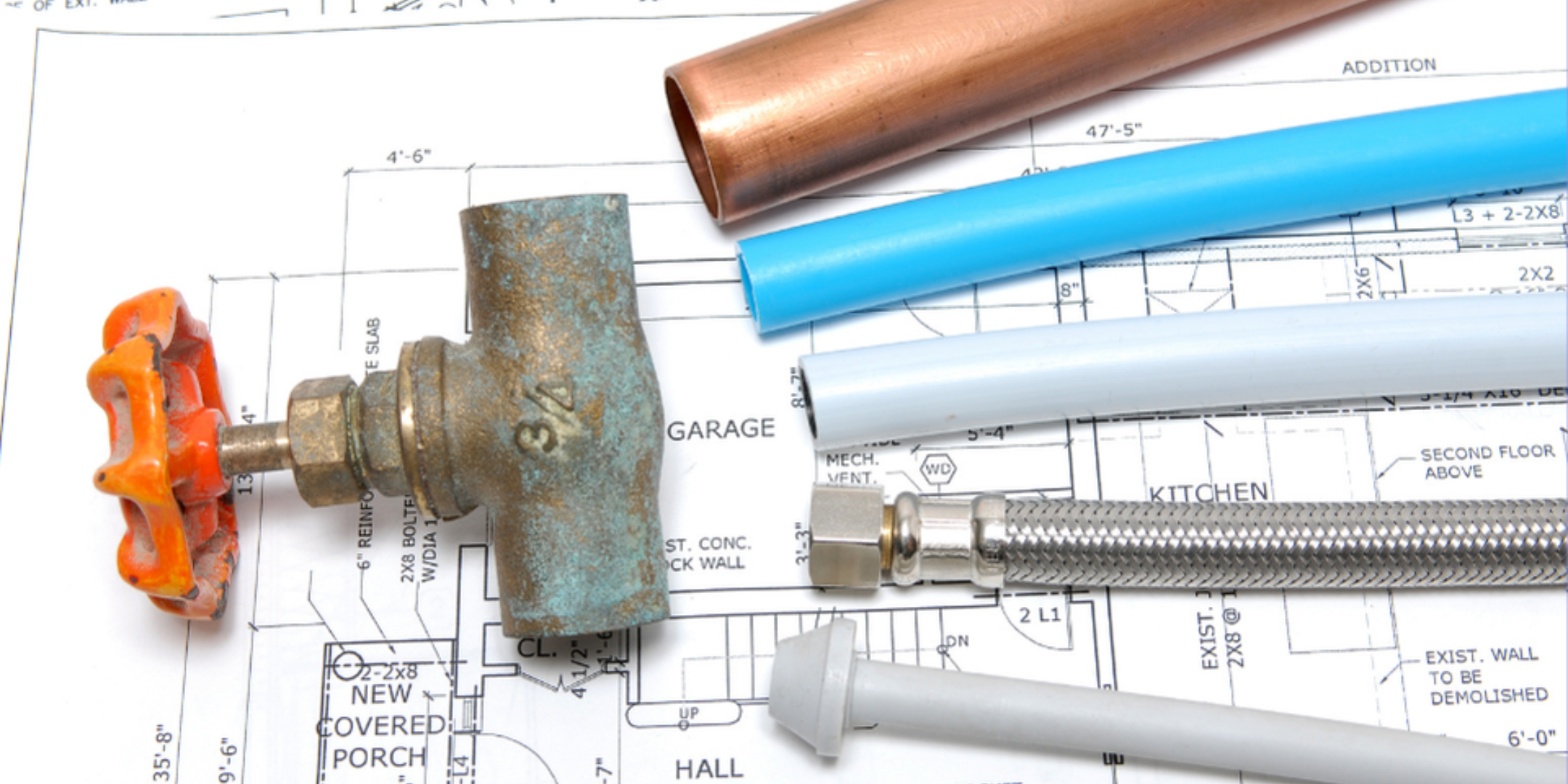Water Quality 101: What’s Really Coming Out of Your Faucet
August 4th, 2025
5 min read
By Daphne Hunt
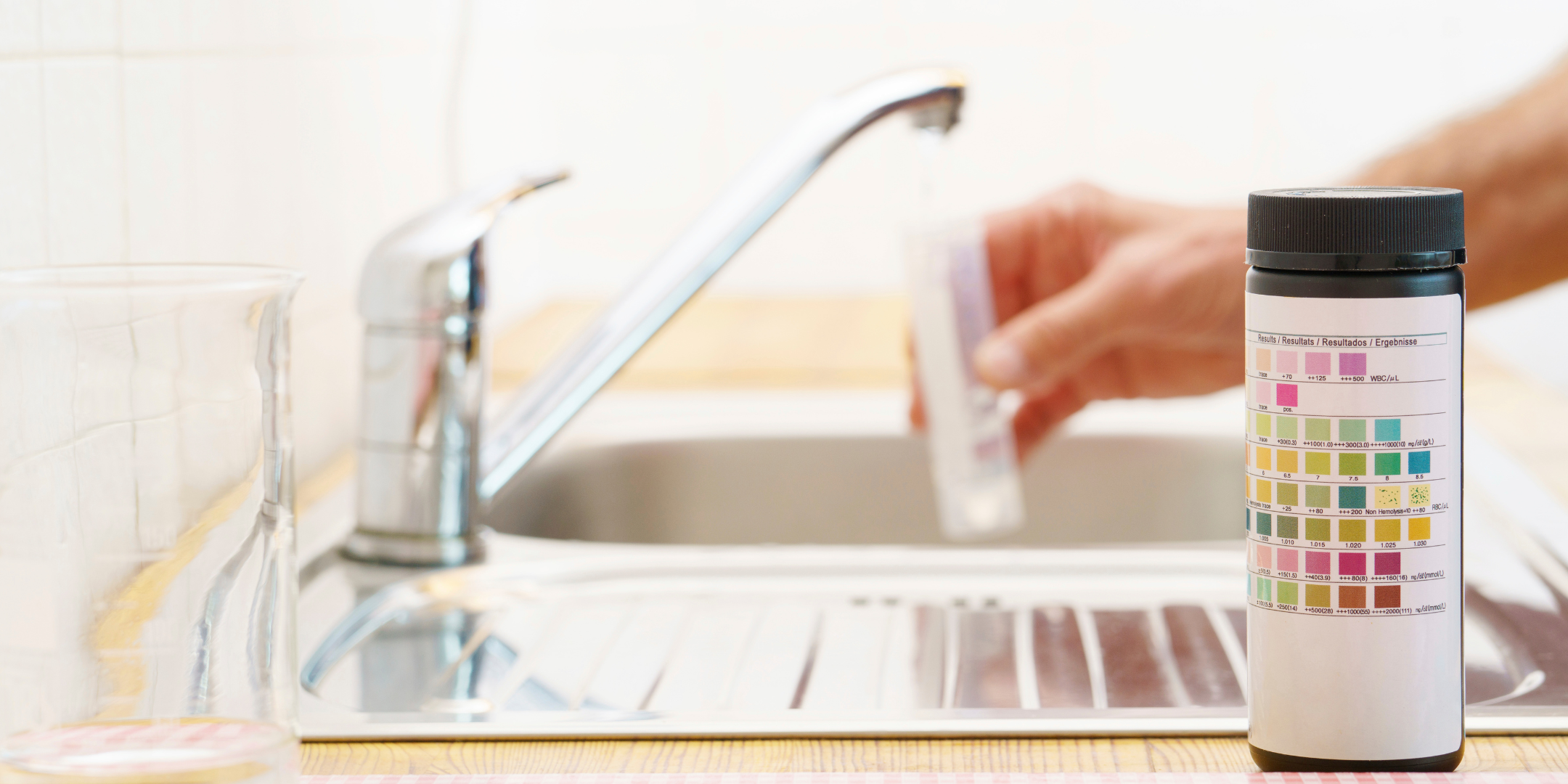
You’ve started noticing some changes around the house. Water pressure that seems weaker than before. A subtle odor coming from the faucet. Dishes that come out of the dishwasher with spots, even when they’re freshly washed. And maybe, more recently, a water bill that’s crept up for no obvious reason.
A subtle odor coming from the faucet. Dishes that come out of the dishwasher with spots, even when they’re freshly washed. And maybe, more recently, a water bill that’s crept up for no obvious reason.
When these signs start stacking up, it’s natural to wonder: What’s actually in my water—and is it affecting more than I think?
At A&E Plumbing, Heating and Air, we’ve spent over 17 years helping homeowners throughout the Columbia River Gorge identify problems like this before they turn into expensive repairs. Whether it’s protecting your plumbing, improving your water’s taste and clarity, or simply keeping things running the way they should, you deserve to feel in control.
By the end of this article, you’ll know how to identify the early signs of water quality issues using simple, approachable steps—no special tools, no plumbing experience, and no pushy sales tactics.
Why Water Quality Actually Matters (Even if Your City Says It’s “Safe”)
Most of us assume that if water comes out of the tap, it’s fine. Clean. Safe. Good enough. After all, it’s been treated and tested, right?
But here’s the part most homeowners don’t hear: even treated water—especially in older homes or homes with aging plumbing—can carry extra “baggage” by the time it gets to your glass. We're talking about minerals, chlorine byproducts, sediment from old pipes, and, in some cases, low-level contaminants that build up slowly over time.
And while none of that might seem like a big deal day to day, the effects can start to show in subtle but frustrating ways:
frustrating ways:
- A white crust forming around your showerhead that won’t scrub off
- That dry, tight feeling on your skin after a shower, even when you use good soap
- Towels and clothes that feel stiff or look faded after just a few washes
- Glasses that come out of the dishwasher looking streaky, even after rinsing
- Water pressure that dips unexpectedly, then randomly returns
- A faint chlorine or metallic smell that lingers near the kitchen sink
It’s easy to ignore these things or blame them on detergent, weather, or an aging appliance. But often, they’re your home trying to tell you something: your water quality isn’t quite where it should be.
You don’t need to be a water expert to get ahead of potential problems. You just need to know the signs—and trust yourself when something doesn’t seem right.
5 Simple Ways to Check What’s In Your Water
You shouldn’t have to sit through a two-hour sales pitch just to figure out if your water is causing problems. These five steps are simple, inexpensive, and doable even if you’ve never thought twice about plumbing before.
1. The Glass Test: Trust Your Senses
One of the easiest ways to spot water issues is also the most low-tech: pour a glass of water and take a closer look—literally.
closer look—literally.
Let it sit for a minute and observe. Cloudiness that doesn’t clear up could point to excess minerals or sediment. If you catch a whiff of chlorine, metal, or something that smells vaguely earthy or musty, that’s not “just how tap water smells.” It could mean there’s something in your water that shouldn’t be there.
Taste is personal—and you don’t have to force it if you’re unsure—but if your water tastes salty, bitter, metallic, or just “off,” trust that instinct. You use this water to drink, cook, clean, and bathe. If it doesn’t feel right, it’s worth investigating.
What holds people back here is thinking they’ll sound paranoid. But noticing these things isn’t overreacting—it’s paying attention.
2. Check Your Faucets and Showerheads for White Crust
If you’ve ever wiped your faucet and found a chalky white ring around the base, that’s not from toothpaste. It’s hard water—usually a buildup of calcium and magnesium left behind after the water evaporates.
Over time, this crust (called scale) can block water flow, clog fixtures, and wear out seals. It’s also one of the most common reasons people notice reduced water pressure, especially in the shower.
What catches homeowners off guard is how subtle it starts. You might clean your faucet more often, not realizing the real issue is your water—not your cleaning habits.
If you want to test this quickly: soak the end of a clogged faucet or showerhead in white vinegar overnight. If pressure improves afterward, hard water buildup was the culprit.
3. The Soap & Suds Test
This one shows up in bathrooms, kitchens, and laundry rooms alike: your soap just isn’t working like it used to.
to.
Hard water reacts with soap and makes it harder to lather. So instead of rich, foamy bubbles, you get flat suds—and you might find yourself using more product just to feel “clean.” Your hair may feel heavy or dull, your skin tight or itchy, and your clothes may come out of the wash a little stiff, even with fabric softener.
This isn’t about being picky. If your products aren’t doing their job, it’s likely the water quality working against them.
Many people brush this off as aging skin or needing to switch brands. But if it feels like everything’s working harder (your shampoo, your detergent, even your dishwasher), your water might be to blame.
4. Use a Water Test Strip Kit (Cheap, Easy, and Surprisingly Telling)
You can pick up an at-home water test kit at most hardware stores or online for about the cost of a takeout dinner. These kits use color-coded strips to test for common water issues like:
- Hardness
- Chlorine levels
- pH balance
- Iron
- Bacteria (on some kits)
Just dip the strip in water, wait a few seconds, and match the color to the chart included. It won’t give you lab-level accuracy, but it’s a smart first step—especially if you’ve noticed more than one of the signs above.
This kind of testing puts you back in control. You don’t have to take a plumber’s word for it or sit through a sales demo. You get a snapshot of your water—and then you decide if it’s worth taking the next step.
5. Watch for Appliance Wear and Short Lifespan
Water isn’t just water when it runs through your appliances.
Hardness and sediment can shorten the life of coffee makers, dishwashers, washing machines, and water heaters. You may notice more frequent clogs, strange noises, or heating issues—especially in anything that runs hot water regularly.
If you’ve had to replace an appliance earlier than expected, or if you're cleaning filters and screens more often than usual, it might not be “just how it goes.” It could be the water wearing your systems down from the inside out.
This part is often overlooked because the damage is gradual. But when repairs start piling up or the same problem keeps happening across different machines, your water could be the common thread.
Water Quality Checked—Now Let’s Look at Water Loss
If you started this article with a feeling that something wasn’t quite right—like inconsistent water pressure, odd smells, or spots on your dishes—you were right to pay attention. These small, frustrating signs are often your first clue that something in your home’s water system needs a second look.
odd smells, or spots on your dishes—you were right to pay attention. These small, frustrating signs are often your first clue that something in your home’s water system needs a second look.
Now, you know how to do your own simple checks and what those results might mean. Whether it’s mineral buildup, hard water, or just an off taste in your tap water, you’ve taken the first step toward protecting your plumbing, your appliances, and your peace of mind.
After working with homeowners for over 17 years, we’ve seen how often water quality and plumbing issues go hand in hand. And when water pressure drops or fixtures start to struggle, the next thing that usually follows? A rising water bill.
If that sounds familiar—or if you’ve recently noticed your bill going up without explanation—it’s time to dig deeper. Here are 6 silent plumbing leaks that could be quietly driving your water costs up.
Daphne Hunt holds a bachelor's degree in English and Mass Communication and has a lifelong passion for writing. She thrives on using her skills to craft compelling pieces that inform, inspire, and connect with readers.
Topics:





